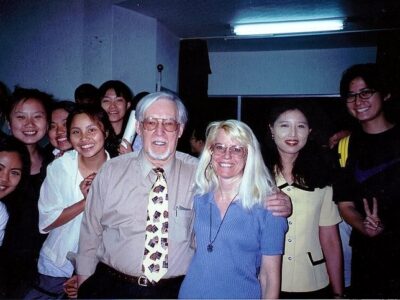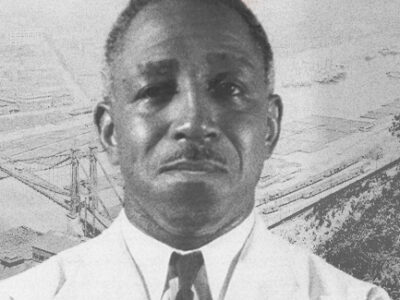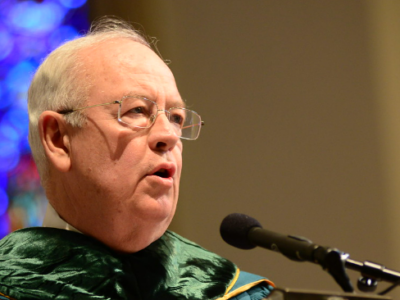Fyodor Dostoevsky-one of the greatest writers of Western Civilization-was born 182 years ago on November 11th. Into his novels-works of art in their own right-he infused philosophy, theology, psychology, criminology, and a profound understanding of human nature.
Dostoevsky’s career began in the 1840’s with a series of novels that hinted at the themes he would later develop in his decades of greatness: psychologial realism, especially the criminal mind and irrational behavior, as well as damnation and redemption.
During the late 1840s, Dostoevsky embraced socialism and became so involved in a radical group that he was arrested and sentenced to death. As he stood facing the firing squad, only seconds remaining before death, Tsar Nicholas sent a reprieve.
The experience changed his life. So did his ten years of hard labor and exile in Siberia. He emerged a man reborn, now embracing Christianity and putting his faith in Russia and the Russian common people.
When Dostoevsky returned to society in 1859, he found that during his absence, nihilism and atheism were sweeping Russia. Henceforth, he would devote his novels, at least in part, to refuting them.
Typically, Dostoevsky grasped the ideological conflicts rending Russia, distilled them, and replicated them in his novels. On one hand, he favored traditional Russian culture, which he sought to defend from the culture and ideologies of Western Europe. On the other hand, he depicted the pernicious effects of a Russia that abandoned its roots to embrace the culture of Western Europe, particularly its philosophies of atheism and nihilism.
Unlike many of his countrymen, Dostoevsky could foresee the full implications of embracing nihilism. Many of his novels demonstrate the folly of doing so.
Dostoevsky does this by having one or more characters serve as both the spokesman and embodiment of an idea. For example, Raskolnikov, the murderer in Crime and Punishment, believes that by committing murder, he proves himself a new man, a man above the law. This way, Dostoevsky can show readers the full implications of a poisonous ideology by having a character dramatize it.
Dostoevsky’s last twenty years were to be his period of greatness: Notes from the Underground (1864), Crime and Punishment (1866), The Idiot (1868), Demons (1871) also known as Devils or The Possessed, and finally The Brothers Karamazov (1879-1880), Dostoevsky’s magnum opus.
The Brothers Karamazov most fully projects Dostoevsky’s vision. The eldest son, Dmitri, is wrongly convicted for the murder of his father, but while awaiting passage to Siberia, he experiences spiritual rebirth. The novel concludes with the youngest brother, Alyosha, ministering to the schoolboys he has befriended. Overjoyed, they shout, “Hurrah for Karamazov!”
Upon the occasion of Dostoevsky’s birthday, legions of his readers, too, similarly shout, “Hurrah for Dostoevsky!”




